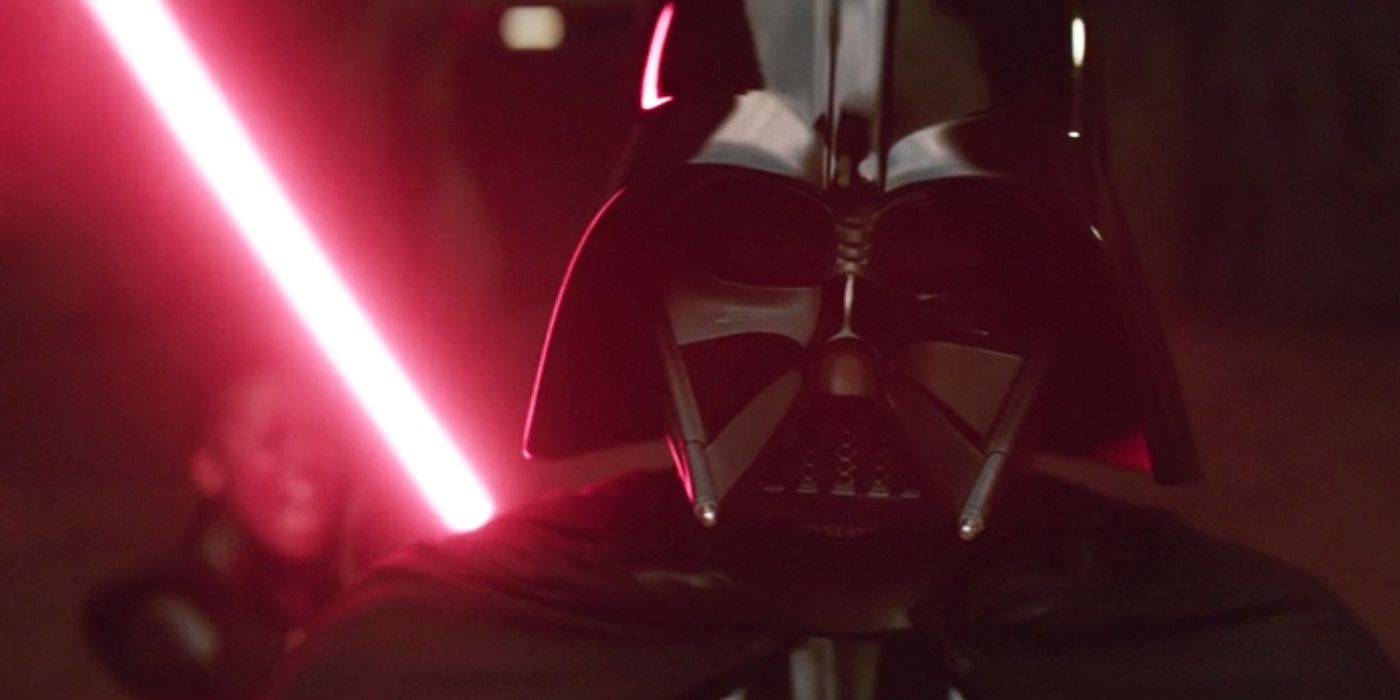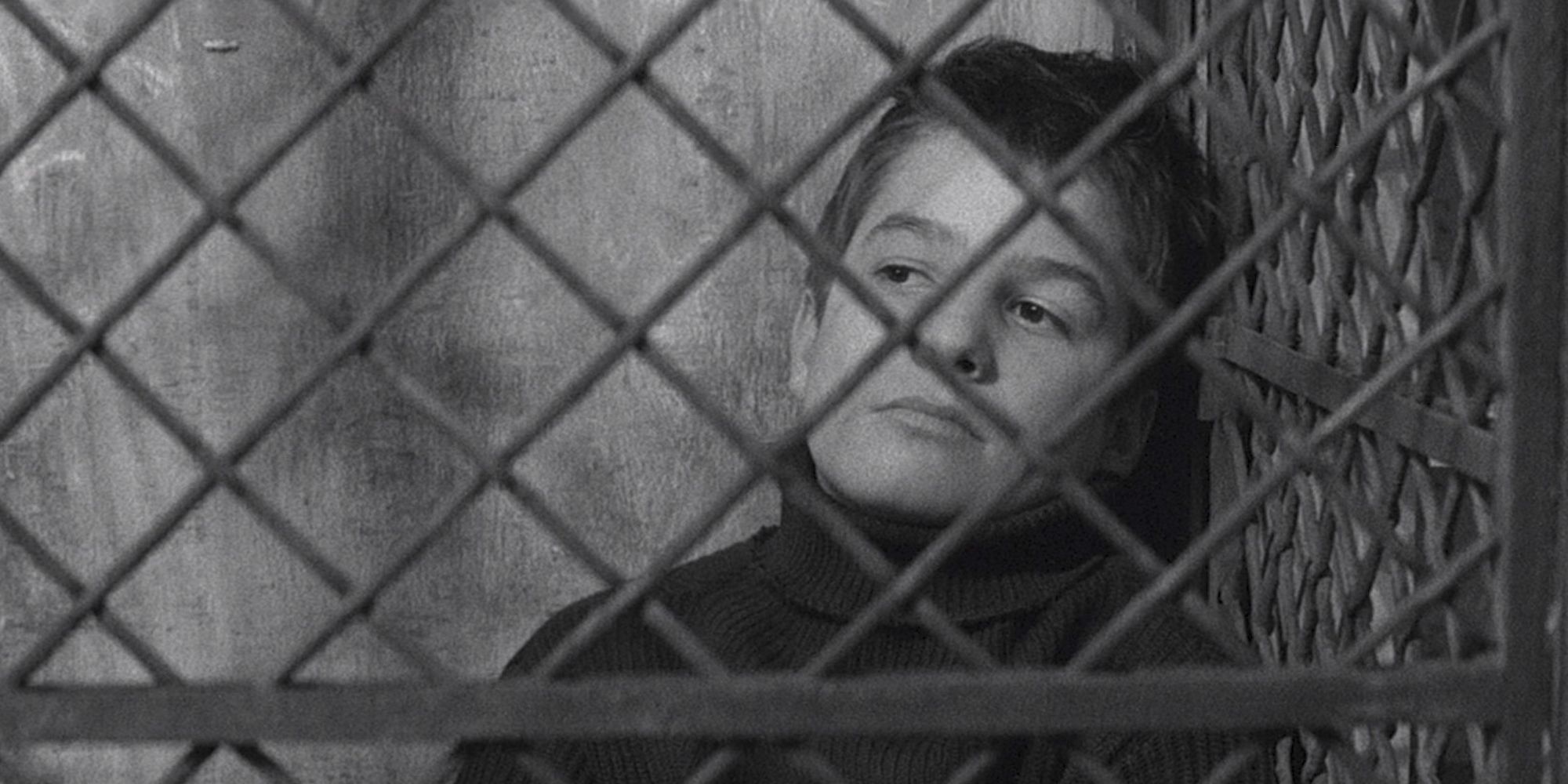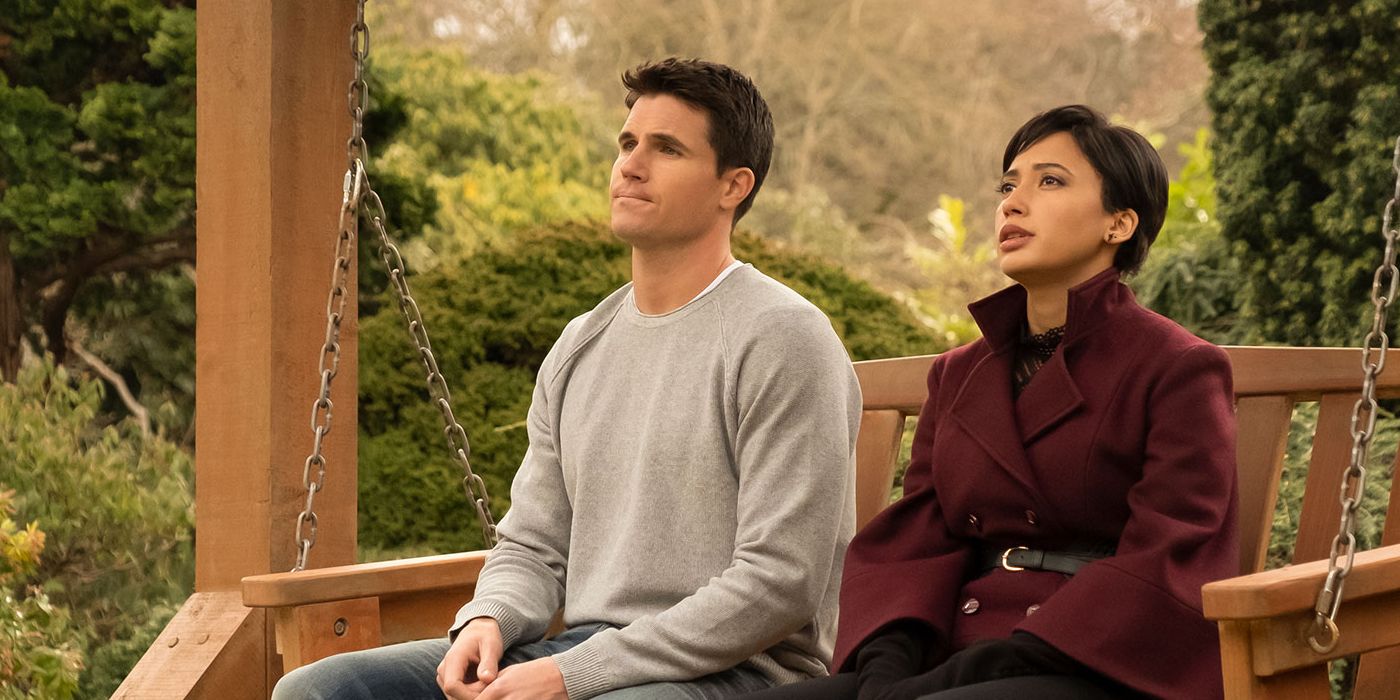
[ad_1]
Mankind’s technological advancements have been developing at such breakneck speeds that we often take for granted how they have made our lives easier. One of the most interesting results of human brainpower is the machine-like replication of itself: artificial intelligence. AI is already present in our daily tasks, from search engines, algorithms, virtual assistant technology, and the like. However, there seems to be budding movements in applying AI technologies to the cultural productions, with some already venturing into anime and art. Should this prove successful both commercially and critically, it is only inevitable that this AI movement would permeate the cultural zeitgeist of other media, and one that is of great interest is the medium of film. While this may seem to be a burgeoning innovation of monumental proportions, it is one that carries great danger, and we should be wary in welcoming this technological “marvel”. It’s one thing to make movies about AI, but it’s a completely different ballgame when it comes to letting AI make the movies.
Raising Questions about AI-Generated Movies
From the outset, this development raises a lot of questions. First and foremost, how exactly will AI make movies? It is worth noting that AI is not necessarily a new thing when it comes to filmmaking. There are certain tools that already help in pre-production and in post-production. Sound mixing, re-speeching, and color grading have all benefited from these technologies. One of the most recent and famous examples of this is the recreation of James Earl Jones‘ iconic Darth Vader voice in Obi-Wan Kenobi. Audiences were initially surprised at this news, but began to piece it together when they realized his voice for the show was “too perfect” to an extent. However, these are only instances where certain parts of a film or a TV show is generated by AI. The pressing concern is when all the processes and intricacies are automated.
AI Applications in Comic Books Are Fairly Obvious
In comic books, how this will be utilized is fairly obvious. AI will generate the images, narratively connect them, and then attempt to weave them together to make a coherent, readable product. It would be safe to assume that this will be the same direction taken when it comes to doing this for the movies. Moving images, music, and even dialogue will be generated, interwoven, and the finished product will be a concoction of all of these elements. Will the end result be anywhere as great as those “genuinely” created by humans? Well, we will never know until it’s there.
There is a paradox about this whole debacle. AI is something that we would like to hold back, but we cannot know its result until a sample has been developed. The troubling thing is, this sample opens the gates to a realm of possibilities that the world of film should not allow, because of a concern regarding artistry and authorship. The most pressing question the advent of AI as creator will inevitably raise is “what does this mean for the filmmaker and the art of making films?”
Losing the Humanity in Cinema
Cinema’s artistry lies in its ability to paint either a formalistic or a realistic picture of what the human experience is. Developing AI technologies that would instantaneously generate a film is troubling in the sense that the essence of cinema may truly be lost in the shuffle.
If we harken back in film history, it is what made François Truffaut‘s impassioned essay “A Certain Tendency of the French Cinema” so captivating. Truffaut lambasted the proliferation of films that were made by “literary workers” which became the tradition of quality in France, and he advocated for a “more personal kind of cinema”, one that encapsulates the filmmaker’s vision and even himself in its reels. If AI ultimately takes over the grounds of cinematic vision, it is arguably a step backwards because it will not be genuine in any sort. Perhaps production-wise this may be beneficial, but in the long-run, it will ultimately kill the authenticity of what cinema is.
How Will the Audience Respond to AI-Generated Content?
There is also another interesting query that rises from this movement’s inception. How will the audience respond to such developments? Will there be a grand reception towards AI-generated films? Is it just a tad too weird to watch something that was not created by the hands of human filmmakers? One can only guess what these responses would be, but if the initial fascination with the idea fades, what would remain? At the end of the day, an AI-generated picture will still be an artificial creation, devoid of any humanism both figuratively and literally. Think about it, how can technology possibly recreate ethos and pathos of film’s greatest auteurs? The quick and honest answer is that it cannot.
Making Movies via AI Could Have Cost Benefits
One can note that using these technologies to develop a film is more cost-efficient than the traditional way of filmmaking, which will result in an abundance of these creations, further flooding the market. From a practical standpoint, studios may opt to fund these types of projects more and risk losing room for the films of directors looking to provide a more artistic presentation in their works. In this current day and age where AI is not even remotely close in generating films, established auteurs are already experiencing difficulty in securing funding for their projects for reasons entirely unrelated to AI. Martin Scorsese‘s initial struggle in finding someone who would finance The Irishman, despite arguably being the greatest living director and a stellar cast in Robert De Niro, Al Pacino, and Joe Pesci among others, comes to mind. Should this movement take place, it already raises the roadblocks not only for people like Scorsese, but for budding directors looking to break through the world of cinema.
It is quite exciting to see that technology has generated such an immense influence that has begun to present itself in the arts. There are certain aspects in which we should appreciate how new technological advancements aid in the creation of artistic works, but to surrender the world of filmmaking completely to AI is something that we should be wary of. If human history has taught us anything, it is that we as a species are always looking to push the boundaries of an innovation, which sometimes results in catastrophic consequences. Let us learn from the multitude of movies about AI that have been circulating since the dawn of the medium and take them as stern warnings. While it is fun to appreciate what it may bring to the table, technology should never take over something that has been perfected and designed to be done by the hands of humans. In the case of the cinema, it is best to leave it to the masterful and intricate brushstrokes of filmmakers who are dedicated to bringing the true representations of the human experience on screen.
[ad_2]
Source link




